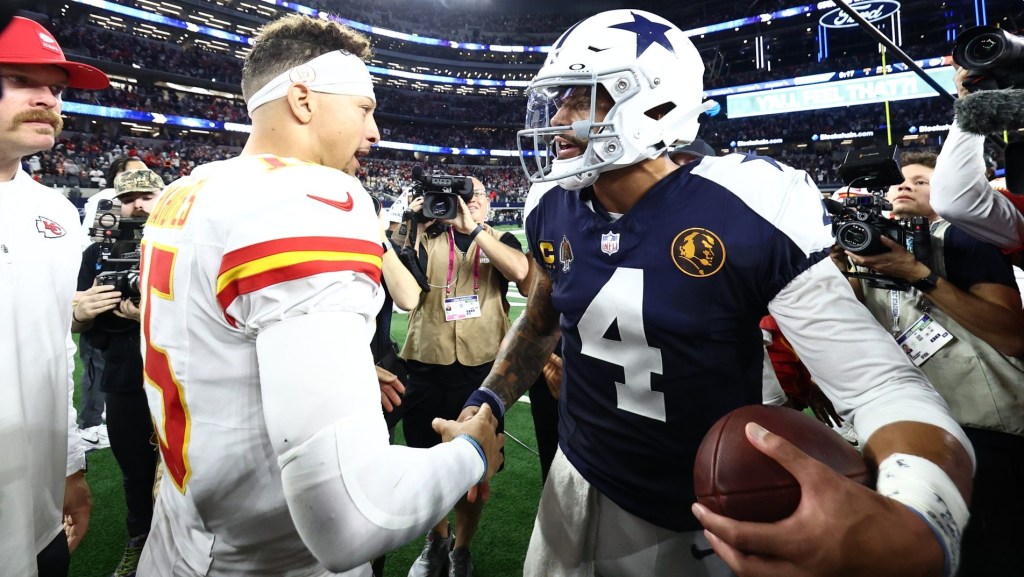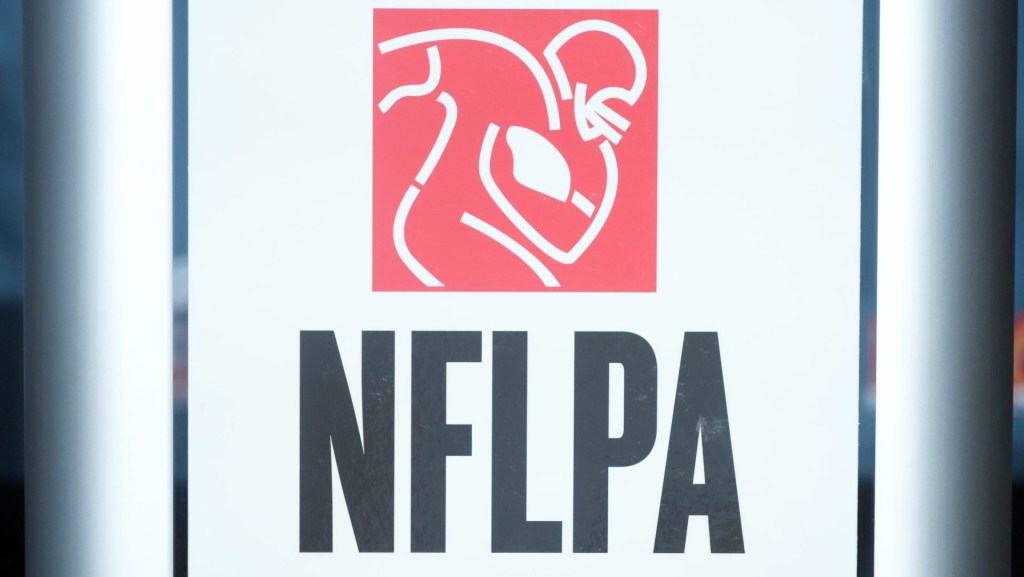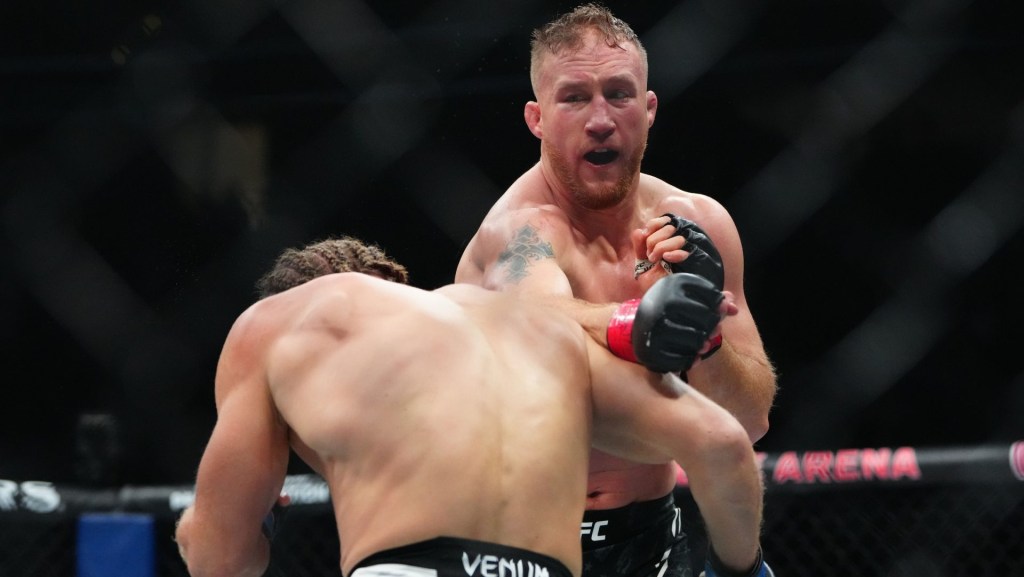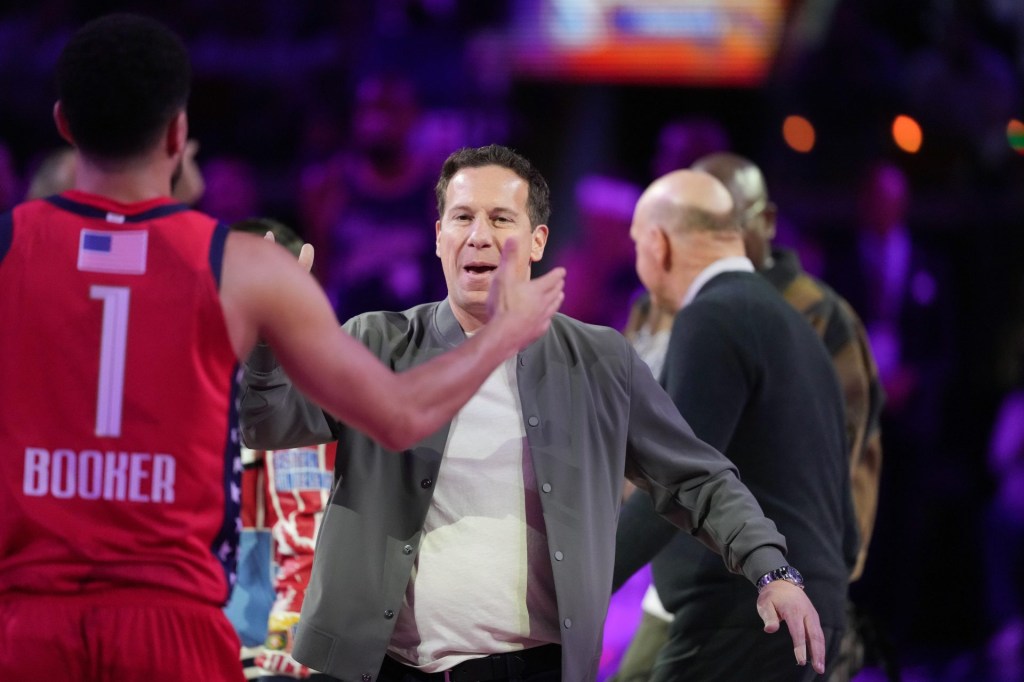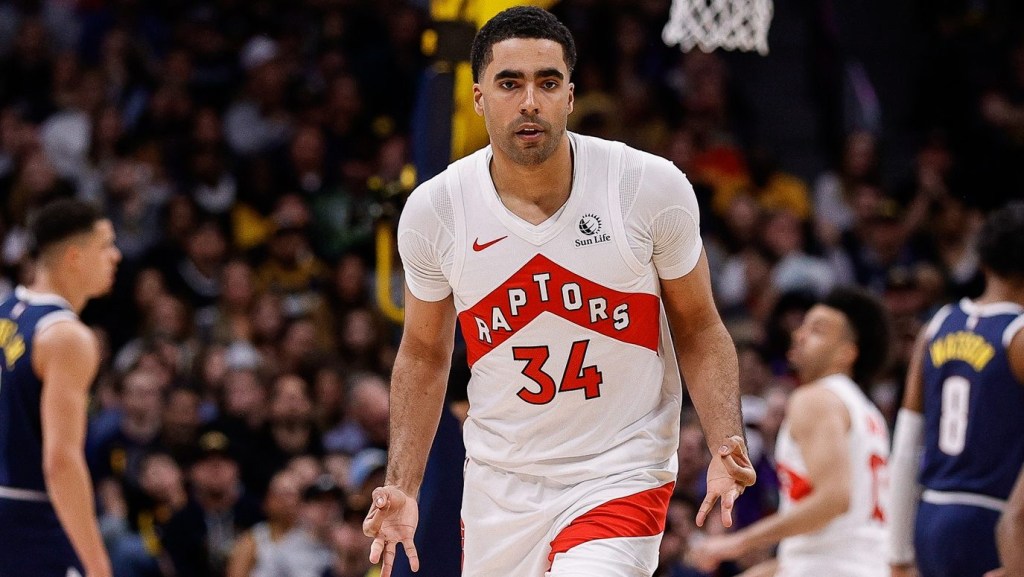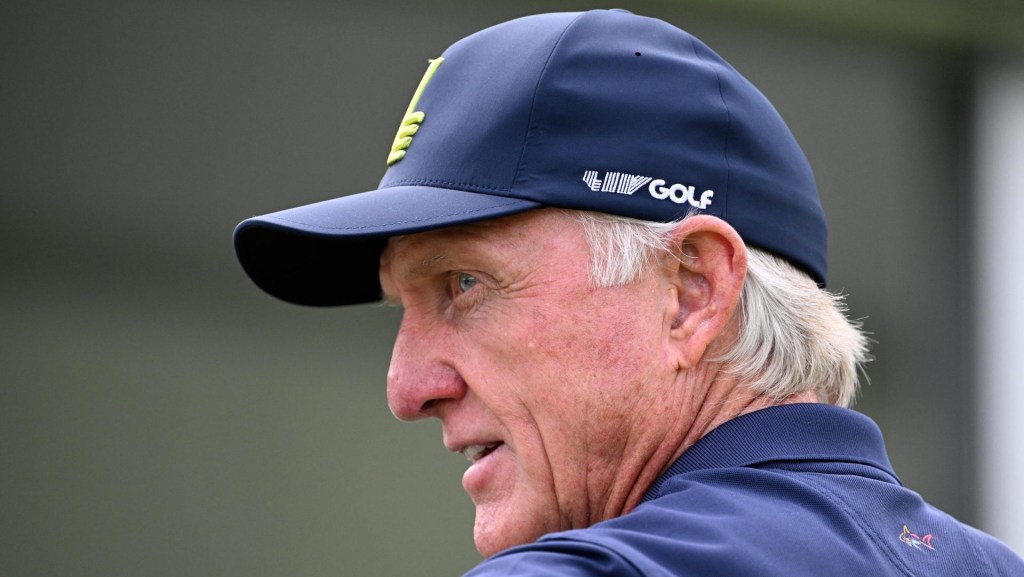Brehanna Daniels was in South Florida in mid-March as NASCAR descended on the Homestead-Miami Speedway for Sunday’s Cup Series race, the Straight Talk Wireless 400.
The first Black female tire changer in the sport—and one of the few women on a top-tier Cup Series pit crew—was working with Joey Gase’s team on his No. 53 car. Daniels is in her ninth season on the racing circuit as an independent contractor, consistently working with Gase and Casey Mears’s No. 66 car.
Daniels said she didn’t set out to be a trailblazer—but now understands her success can help guide NASCAR’s future. She spoke to Front Office Sports about how she broke into the sport, and managing short-term career promotion with building toward long-term goals. This interview has been edited for length and clarity.
What is your day-to-day like as a tire changer?
Mondays, we usually have a drill day/film day. And then we’ll work out afterwards. Tuesdays and Wednesdays, I have two practices at noon and 3 p.m. On race day, we have to report to the track when the garage opens, and then we go over to our team haulers. Sometimes there’s qualifying going on, but when there’s not, the team and I go over to the pit box and start setting up. We’ll clean the tires, glue the tires, and we’ll have a little bit of downtime before the race.
How competitive is your job?
My profession is super competitive, especially my position being a tire changer. If I’m working on the car and—God forbid—if people see a tire rolling away from the car, they know that it was on you. So, the pressure is definitely on with tire changers. We have to make sure we move at a good pace, good speed, and to also make sure that the wheels are tight when it’s all said and done. You can’t have any loose lugnuts or wheels.
How did you decide to take the leap into NASCAR as a full-time career, especially when there were no other Black women to provide a template?
It was pretty random. I didn’t have a NASCAR background, and the only time I had seen it on television was for a split second. At Norfolk State, I was playing on the women’s basketball team and had an internship videoing/editing for games. One day, I was approached by a woman in the athletics department who told me that the NASCAR pit crew was going to be at school for a tryout. I asked her, “Why are you telling me this?” She showed me a video of a pit crew and said, “Something is telling me I should tell you this.”
I tried out in April 2016. I was the only woman there and did well enough to get invited to the national pit crew combine the next month, where there were only six women there. Someone said to me, “Women don’t make it like that.” But I didn’t care what they said. I was one of the top 10 selected to be a pit crew member.
I relocated to Charlotte in September of 2016, when I started. From September all the way to February, it was a six-month training period. Before I left, I ended up telling my friends, “I’ll probably be back after the six months, to be honest. Like, there’s no way I’m staying in NASCAR.” I only did eight races my first year. The longer I was doing it, I’m like, “Okay, this is actually pretty cool.” The more work I started getting, it started becoming more motivating, wanting to do better.
The idea of being a trailblazer and making history as the first Black woman in a NASCAR pit crew never crossed my mind until the opportunity happened.
You are one of a few women in a male-dominated sport. What are your longterm career aspirations? It was always one of my goals to be fully signed to a NASCAR team. But these teams, I don’t think they’re ready to bring a woman on full-time. I’ve been in the sport almost nine years—one of the best women they have. If they were to recruit one, it definitely would be me. But I don’t think they’re ready to take that jump yet.
NASCAR has made significant strides, but like any sport, there is opportunity for more. It has been a mostly male environment. However, I do see this changing as more women continue to prove their capabilities and the sport continues to embrace our stories.
How has the sport changed for women and underrepresented groups as you’ve been in it? Do you see the numbers changing?
Since I’ve joined NASCAR, you can see the difference now with more underrepresented groups being a part of the pit crews, which is a beautiful thing to see. There have been more women walking around the garage as well. There is still work to be done, especially getting more women in the pits. I feel like these big teams would have to be bold enough to finally start bringing the ladies in, but that really hasn’t happened yet.
As you build your own profile, social media has become a big piece of it. How are you using your platforms to grow your career?
I just wanted people to know my story. And it’s crazy because some somebody asked me this: “What made you just start posting everything on social media?” And I’m like, “Well, if nobody else is going to post it, I’m going to post it. Get my story out there and make more people aware of who I am, what I have going on.” And I feel like everybody’s been loving the journey.
Sharing my story on social media has been a great way to connect with people who might not have seen themselves represented in NASCAR. I’ve received a lot of positive feedback from followers who feel inspired by my journey.
How important is representation in the sport at large, and how can presences like yours move the sport forward?
Representation is crucial. It not only provides role models for future generations, but also helps to break down stereotypes and barriers. My presence in NASCAR shows that the sport is evolving.
What advice do you give to others that might follow in your footsteps?
Make sure that it’s really something that you want to do. Definitely do your research like I did before coming into the sport. When I first got into the sport—I think a lot of pit crew members can relate—we kind of looked up the wrong things, like pit crew fails. We were seeing people get hit by cars, it just was a hot mess. And I’m like, “Do I really want to be part of this?” And like anything else, make sure you work hard, because you can ultimately do anything that you put your mind to as long as you keep at it. If nobody believes in you, you have to believe in yourself.






![[Subscription Customers Only] Jun 15, 2025; Seattle, Washington, USA; Botafogo owner John Textor inside the stadium before the match during a group stage match of the 2025 FIFA Club World Cup at Lumen Field.](https://frontofficesports.com/wp-content/uploads/2026/02/USATSI_26465842_168416386_lowres-scaled.jpg?quality=100&w=1024)
![[Subscription Customers Only] Jul 13, 2025; East Rutherford, New Jersey, USA; Chelsea FC midfielder Cole Palmer (10) celebrates winning the final of the 2025 FIFA Club World Cup at MetLife Stadium](https://frontofficesports.com/wp-content/uploads/2026/02/USATSI_26636703-scaled-e1770932227605.jpg?quality=100&w=1024)


